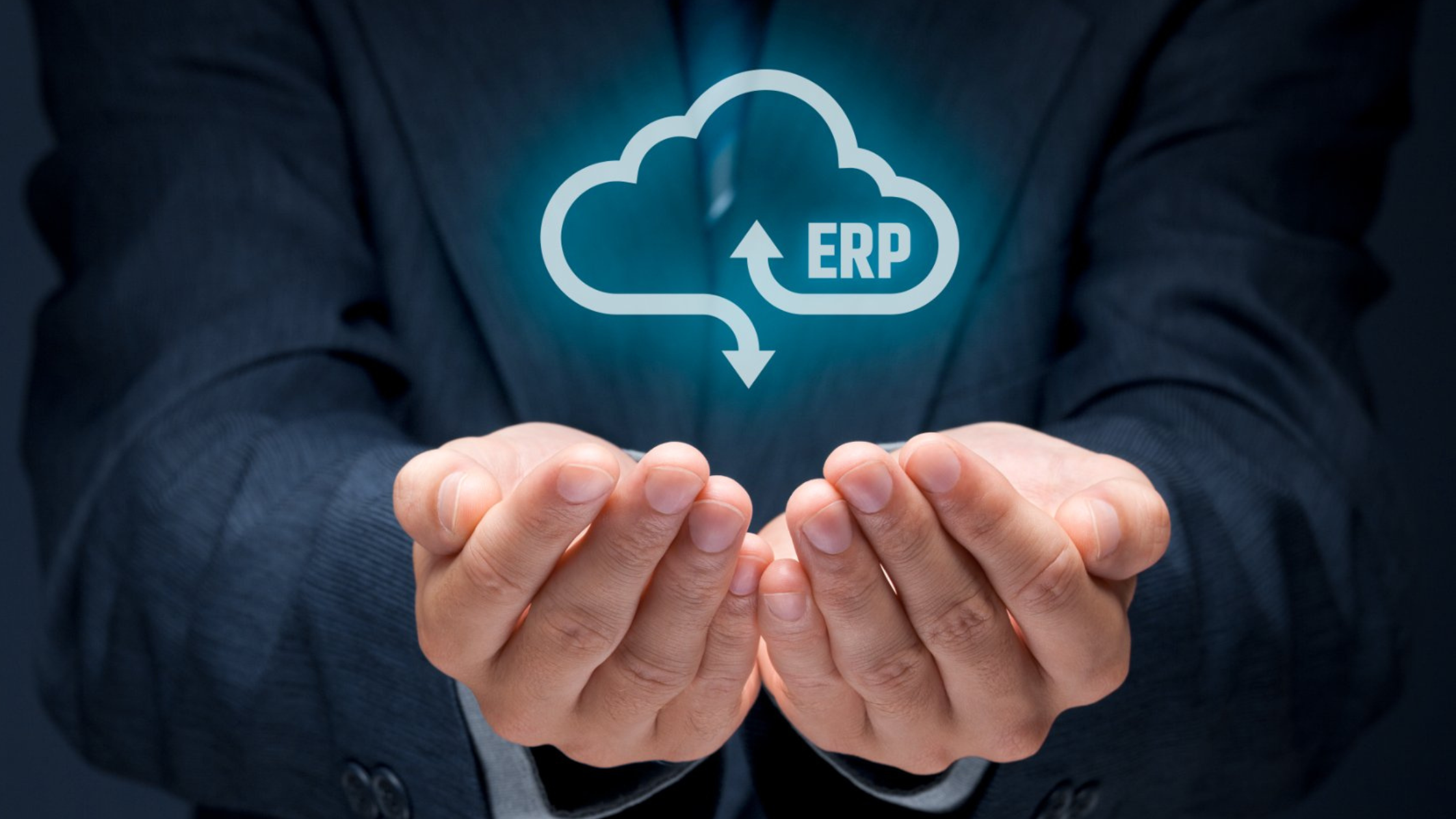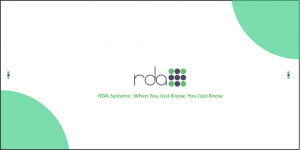Organizations that handle large volumes of data – from technical and administrative data to various types of catalog content – need Enterprise Resource Planning (ERP) software. This is essentially the “brain” or “backbone” of the organization’s operations. ERP systems are the central storage point for an organization’s information, making it extremely easy to find for authorized personnel and any linked software.
In order for your company’s operations to run smoothly, you need a control center with a hitch-free way to connect with all parts of the system. Therefore, if you are spending a lot of time and other resources looking for the correct data, comparing files and documents, and updating existing versions by hand, the system you are using is outdated and you may need to invest in ERP software.
Investing in a new ERP system or replacing the existing software with a better equipped, more modern version requires a huge investment in energy, time and resources. This can be in terms of subscription, implementation, and maintenance costs.
Therefore, investing in ERP software should not be taken lightly. Moreover, choosing a system that suits your organization can be a daunting task largely due to the wide array of systems available on the market. Here are some factors that you should take into consideration when choosing an ERP system for your organization:
Criteria For Choosing an ERP System
Software and systems can get out of date if they lack the most sought-after criteria at any given time. As a result, they may no longer meet your organization’s needs in an increasingly interconnected, digital world.
ERP software that includes more of these features is better prepared to handle any amount of work as well as the changes that your organization needs.
1. Storage
Old rooms with big central computers pumping data over linked networks are a thing of the past. Nowadays, saving space is important for any organization, especially retailers, distributors, and manufacturers that handle huge amounts of product materials and items each season.
Cloud-based systems are the best solution to this problem. They are supported by advanced technology that ensures unlimited storage space and great speed. Moreover, these systems allow authorized personnel in your organization to access information on demand from anywhere in the globe and from any internet-enabled device.
The benefits of adopting and utilizing cloud-based ERP solutions are extremely important for multi-multi-channel strategies. These benefits include:
- Low technical maintenance
- Collaboration from multiple locations
- A single platform that provides standard data
- Easy to use and train your human teams
2. Automation
In most cases, productivity issues are related to putting teams to the test with daunting, repetitive, and tedious processes that can be easily automated.
For instance, adding data to an ERP system manually, such as Excel files, and substituting outdated documents and files with new ones, are tasks that burn people out. As a result, there is a higher risk of errors largely due to their repetitive nature.
Automated ERP systems solve the problems of mistakes and slowness because they come with automated features that never get tired of repetitive tasks. Additionally, they can automatically detect data omissions and delete duplicate data.
That does not mean that organizations should throw their human teams out the window. It means that your teams will be able to work efficiently and quickly because data management will be in a safer place. Look for an ERP system that makes it easier for you to find the right information and data. This helps you improve your reputation by handling the demands and queries from your network effectively.
3. Integration
Your ERP software should allow for the necessary connections with your organizations other software systems. This will make different tasks, communication processes, and workflows easier. Additionally, it will ensure that the same data is up-to-date and can be accessed and used everywhere.
For sellers and manufacturers, it is vital for the ERP system to be integrated with a Product Information Manager (PIM) system. The PIM system takes key product information and organizes it while allowing your marketing team to enrich it, edit it, and link it to sales and distribution channels.
Look for a vendor with specialized partners and a professional technical team to ensure that your product information manager is connected seamlessly with your ERP system for effective implementation and adoption.
4. Focus on the core requirements of your organization
Creating a list of your company’s key requirements is important. As a result, you may be tempted by the potential benefits of a new ERP system to rush the process. Every organization should take the time to do in-depth research about each potential vendor to see whether what they offer covers your organization’s critical processes. Keep in mind that most ERP vendors will say that their solutions can handle all your business requirements just to end up failing badly. The company should be able to clearly explain the processes involved in improving your company’s critical functions in terms of time, complexity, cost, and training.
5. Prioritize user experience
In addition to ensuring that your ERP system is available on a wide variety of internet-enabled devices, it should also be easy for end-users to learn how to operate the new software. You don’t want to launch a system that end users want to avoid.
What does the ERP vendor offer in terms of training materials, online guides, templates, forums, and communities? Can end users launch and use your software without intervention? These are the questions that really matter in the end.
The Bottom-line
Nowadays each industry or sector has its own unique needs and it is vital to implement modern ERP systems that are designed according to industry standards.
In order to remain relevant and competitive, you should implement a system that includes all features vital to the success of your organization. Your system should also match industry standards. The RDA ERP systems software is specially designed to provide K12 School Districts and Local Governments with decades of flawless experience with implementing, instructing, and automating the fundamentals of Fund Accounting while providing excellent support.
About RDA
RDA’s innovative ERP software provides meaningful transparency and access for your community and staff, along with powerful insights into data. The RDA Solution is hosted in the Cloud, providing regular backups, product updates and concierge support, ensuring that clients feel confident and are successful with their new software.





